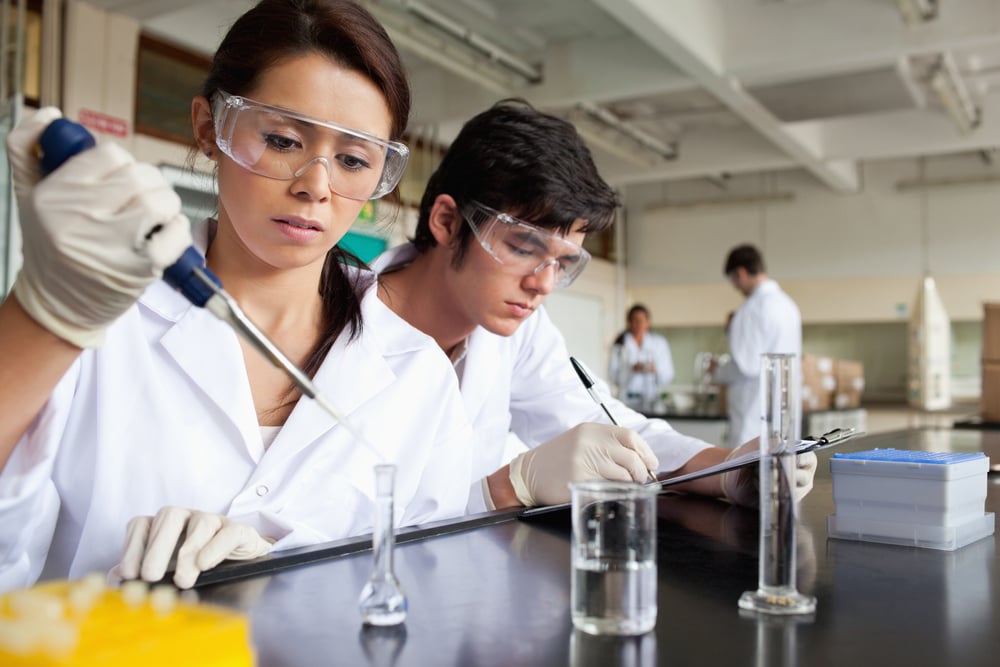In a bustling laboratory, scientist Dr. Avi received a new pipette from Owl Scientific. Excited to use it, Dr. Avi encountered unexpected measurement variations. Seeking advice from wise Professor Wisebeard, Dr. Avi learned the importance of calibrating the new pipette. The professor shared a fable of a lost explorer due to an uncalibrated compass. Dr. Avi promptly arranged for accredited pipette calibration, ensuring accurate and reliable measurements. The fable taught Dr. Avi and all scientists the vital lesson: just as a compass guides an explorer, accredited pipette calibration guides a scientist toward trustworthy measurements, unlocking the path to scientific advancement.
Chances are, if you're Dr. Avi - your procurement leader also needs a strongly-grounded answer to "why should I calibrate a brand new pipette from the factory?"
When you receive a new pipette out of the box from the original equipment manufacturer (OEM), it's crucial to understand the importance of accredited calibration or verification. Here's a simple walkthrough of why this is essential:
In the context of ISO 17025 and ISO 8655 standards, accredited calibration or verification is essential for demonstrating the traceability and reliability of measurement results. Additionally, for industries regulated by the FDA, such as pharmaceuticals and medical devices, adherence to calibration standards is crucial for ensuring product quality, safety, and compliance with regulatory requirements.
Need more support? Grab an expert in the chat, or head back to pipette.com


